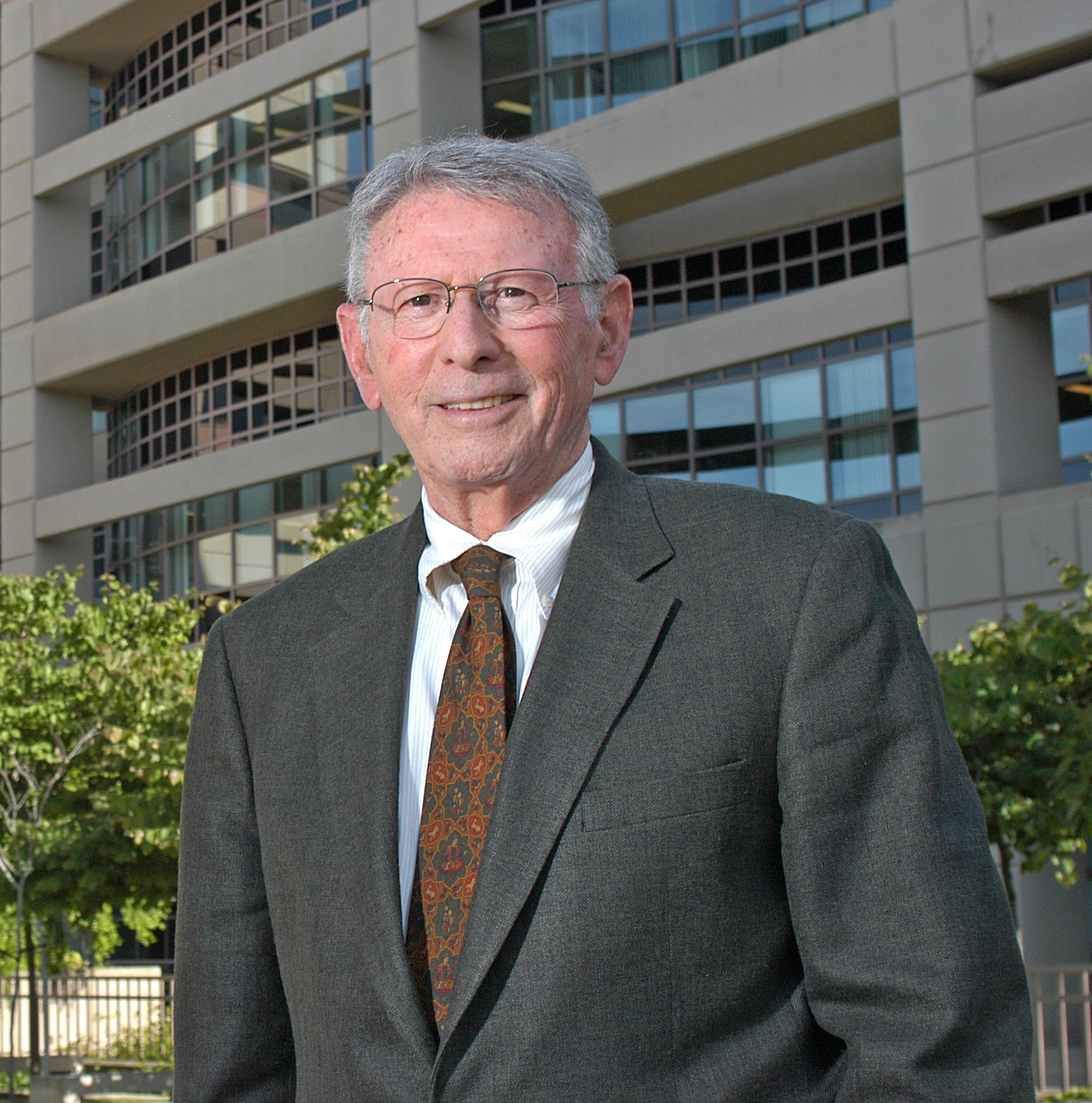Stanford biochemistry professor emeritus and Nobel Prize recipient Paul Berg joined 17 of the world’s leading scientists and bioethicists on Wednesday in a call for a global moratorium on genetically modified babies.
The commentary, published in science journal Nature, follows Chinese scientist He Jiankui’s controversial experiments on the first CRISPR-edited human babies in November 2018 — an action many have condemned as irresponsible and unethical.
“We call for the establishment of an international framework in which nations, while retaining the right to make their own decisions, voluntarily commit to not approve any use of clinical germline editing unless certain conditions are met,” they write.
The call for a global moratorium
Berg, who was awarded the 1980 Nobel Prize in Chemistry for his work on recombinant DNA, joins researchers from seven countries including China who are urging for a five-year halt on the clinical use of CRISPR technologies for germline editing, or the changing of heritable genes.
Prominent co-authors include Eric Lander and Feng Zhang of the Broad Institute at the Massachusetts Institute of Technology and Harvard and Emmanuelle Charpentier of the Max Planck Unit for the Science of Pathogens in Berlin.
According to its authors, this moratorium will allow for a more in-depth discussion about the possible ethical and medical consequences that come hand-in-hand with CRISPR. The scientists stress that they are not suggesting a permanent ban or any curtailments of germline editing for research uses, provided that these studies “do not involve the transfer of an embryo to a person’s uterus.”
“It also does not apply to genome editing in human somatic (non-reproductive) cells to treat diseases, for which patients can provide informed consent and the DNA modifications are not heritable,” the authors added.
Although other warnings about CRISPR’s misuse have been written, this one is different — “a more explicit statement,” Berg said.
Yet others fear that a moratorium will do more harm than good. University of California, Berkeley biochemist Jennifer Doudna — one of the first developers of CRISPR technology — has expressed concerns that many scientists could be driven underground.
“I don’t think we want to drive people into hiding over this,” said Doudna in an interview with the National Public Radio. “I would like to have a much more open, transparent international conversation.”
Doudna spoke at Stanford in January in a conversation about ethics in the age of CRISPR. She discussed the importance of responsibly testing and deploying its use.
In response to the call for a moratorium, Victor Dzau, Marcia McNutt and Venki Ramakrishnan — the presidents of the U.S. National Academy of Medicine, National Academy of Sciences and Royal Society in Britain, respectively — wrote an accompanying article in which they describe how societal consensus must be reached before making any decisions regarding clinical gene editing.
The group is currently working to create international standards that can apply to such research.
What differentiates CRISPR
CRISPR-Cas9 (commonly abbreviated CRISPR) is a powerful scientific technology that allows for quick and precise targeting and modification of mutated DNA sequences in any gene. Derived from the prokaryotic immune system, the technology makes use of short, interspaced palindromic DNA sequences known as CRISPRs and a cleaving enzyme called Cas9, which essentially functions as a molecular pair of scissors.
The technology has been widely considered one of the most promising tools to transform genetic research and therapies. Currently, it has been used to treat patients afflicted with diseases such as sickle cell anemia, where the targeted genes are not heritable. However, there is much concern regarding CRISPR-Cas9’s use in human embryos and reproductive cells, as these edits — dubbed “germline modifications” — can quite literally alter future generations.
In the United States, the creation of gene-edited babies is strictly prohibited by federal law. However, in many other countries, the issue is much less regulated. Bioethicists and scientists alike worry that the lack of official guidelines can lead to adverse societal implications.
To this end, the commentary says that after a fixed period of time where the global moratorium is in place, nations may choose to proceed differently in addressing these societal consequences.
“Nations might well choose different paths,” the authors write, “but they would agree to proceed openly and with due respect to the opinions of humankind on an issue that will ultimately affect the entire species.”
Contact Tejas Athni at tathni ‘at’ stanford.edu.
